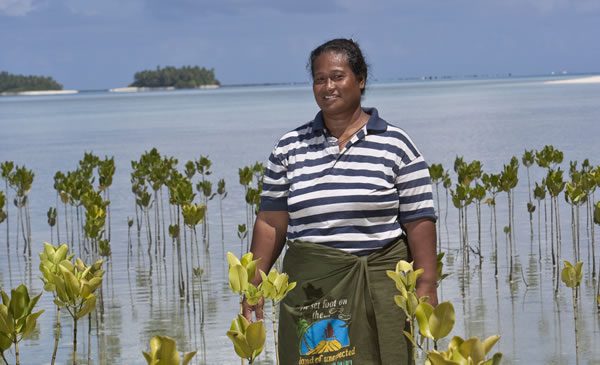In the lead up to the UNFCCC in Cancun, Mexico the issue of climate change is not getting much media attention. With the first agreement period of the Kyoto Protocol due to run out in 2012 it is time that countries of the globe reach a new and binding agreement.
The lack of media attention on climate change in Australia is rather astounding when examining the local climate change plans being introduced by the vast majority of local councils. People need to start to see that our country – while responsible for much of the damage is not doing anything (serious) about mitigation however, we are already planning on spending millions if not billions to ensure that we adapt to the impacts of climate change with relative ease.
The problems is that the governments of the country’s most at risk do not have the money, resources or infrastructure to undertake protection measures such as levies and drainage systems, desalination plants and the like. Yet the problems of climate change and associated sea level rise are the same the world over, increased flooding, increased salinity of fresh water ways and coastal erosion.
In Tuvalu, to address these problems instead of the desalination plants – they are planting their crops in buckets and up high on benches. Instead of levies and dam walls, they are planting mangroves off the ends of their islands to help prevent further erosion and to ensure fresh drinking water they are installing community water tanks.
The people of the Pacific Islands are among the most affected by climate change and sea level rise, and they are taking action to do all they can to adapt to climate change. I believe that while we have the money to adapt to the majority of impacts of climate change – we still should be doing all we can to mitigate the problem in the first place – starting by making a fair and legally binding agreement at the UNFCCC in Cancun Mexico.
You can urge Climate Change Minister Greg Combet to act on climate change in Cancun today.
Photo: Rodney Dekker/OxfamAUS



